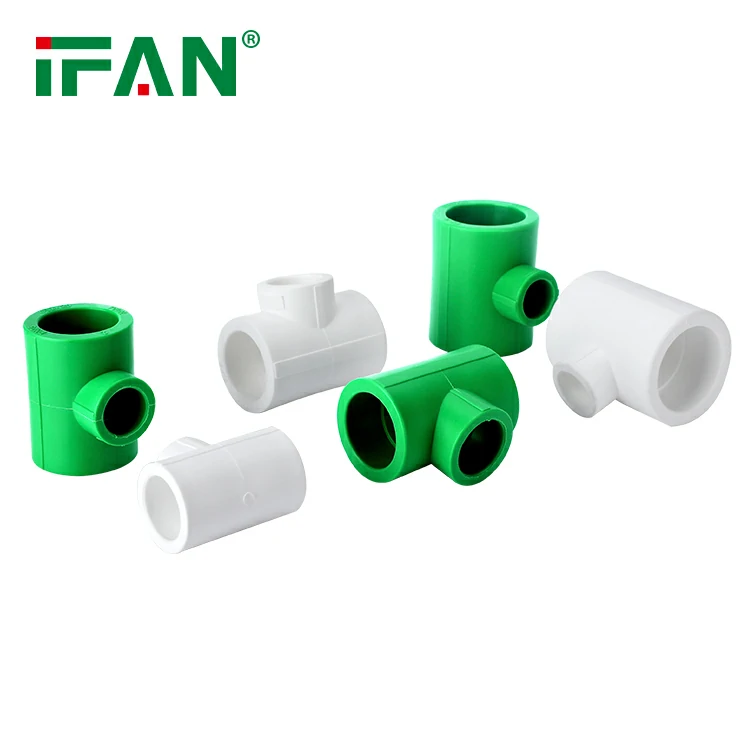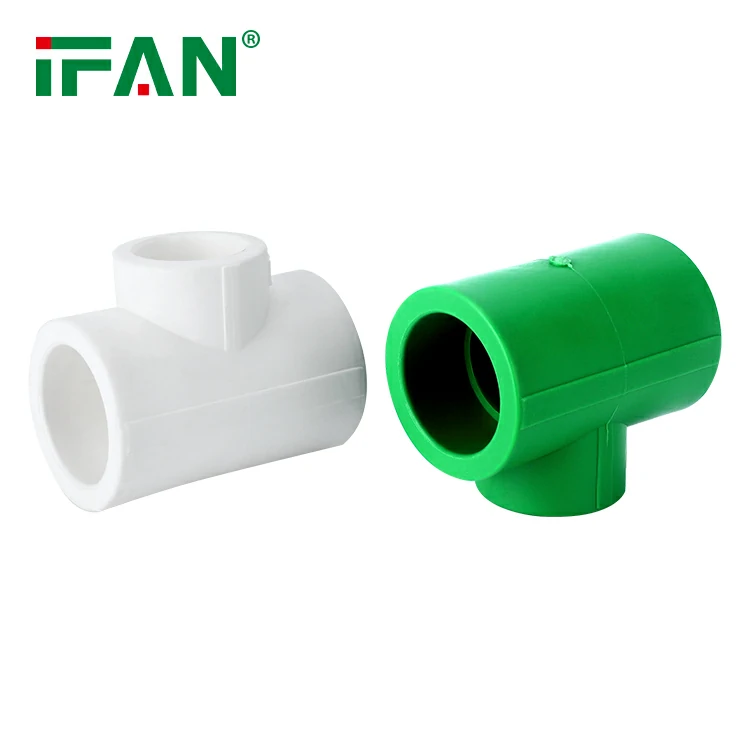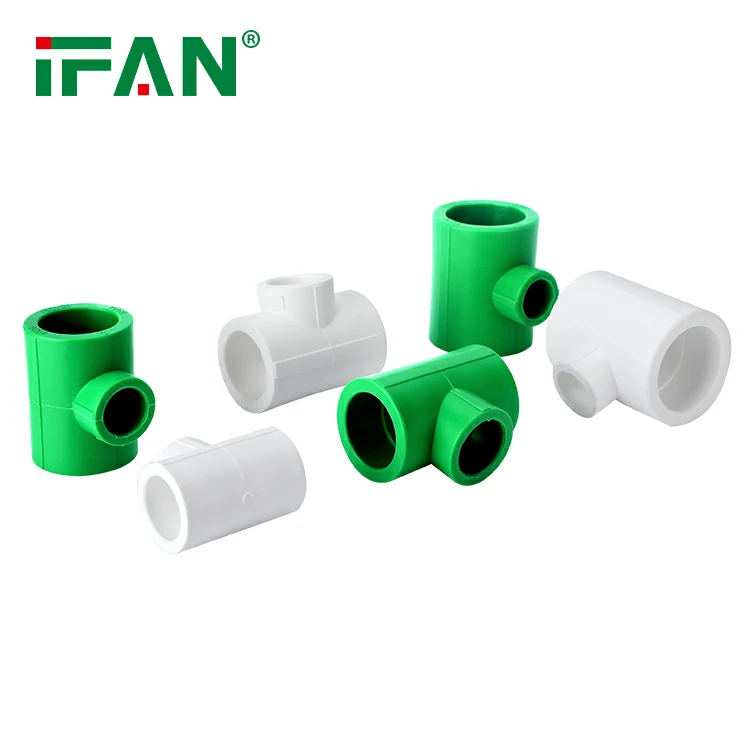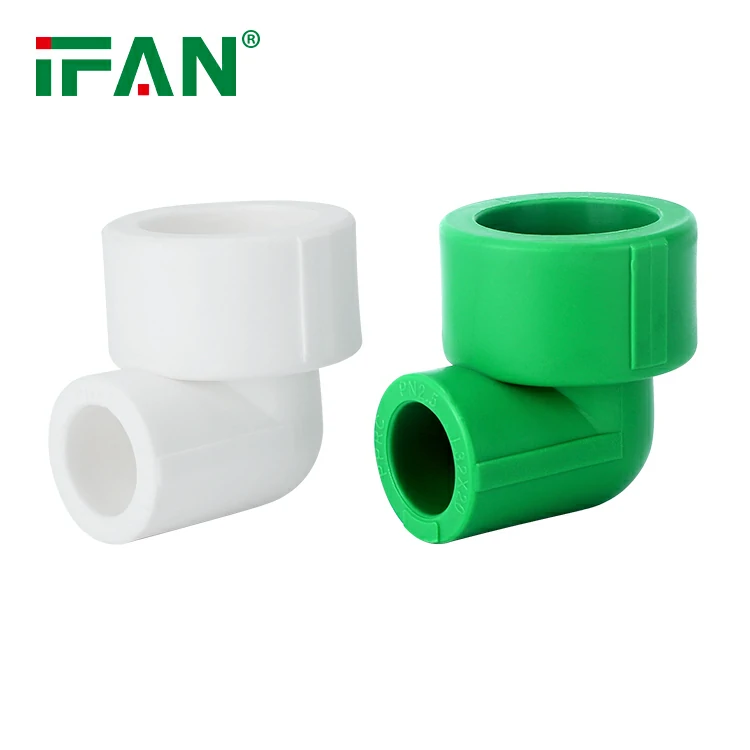PVC, or Polyvinyl Chloride, is a widely used thermoplastic material that is known for its durability, versatility, and low cost. It is used in a wide variety of applications, including plumbing, electrical conduit, vinyl flooring, and window frames, among others. PVC products are typically joined together using adhesives, and there are several types of glue that are suitable for use with this material.
One of the most common types of glue used with PVC is solvent-based cement. This type of glue works by chemically melting the surfaces of the PVC parts being bonded together, forming a permanent joint. Solvent-based cements are typically made from a combination of PVC resin and a mixture of solvents, such as cyclohexanone and tetrahydrofuran. The cement is applied to the surfaces to be joined using a brush or a dauber, and the parts are then held together until the glue dries. The drying time can vary depending on the temperature and humidity of the environment, but it generally takes several hours.
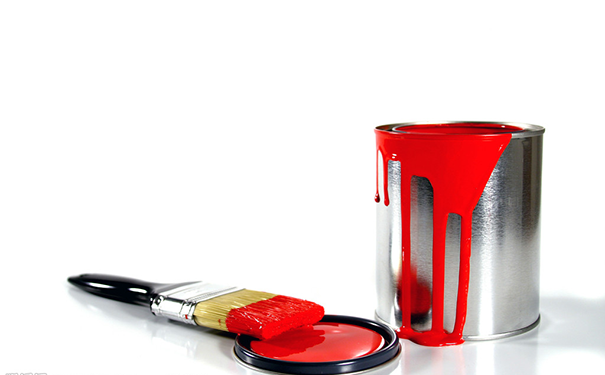
Another type of glue that can be used with PVC is the two-part epoxy adhesive. Epoxy is a synthetic resin that hardens when mixed with a hardening agent, forming a strong, durable bond. It is often used for bonding materials that are difficult to join using other types of adhesives, such as metals or ceramics. Epoxy is also resistant to water and chemicals, making it suitable for use in harsh environments. To use epoxy with PVC, the surfaces to be joined must be clean and dry, and the glue must be mixed according to the manufacturer’s instructions before use.
A third type of glue that can be used with PVC is cyanoacrylate, or super glue. This type of glue works by chemically bonding the PVC surfaces together, forming a strong, permanent bond. Cyanoacrylate is often used for small, precise applications, such as bonding PVC pipe fittings or repairing small cracks or breaks in PVC parts. To use cyanoacrylate with PVC, the surfaces must be clean and dry, and the glue must be applied sparingly, as it can bond quickly and permanently to skin and other surfaces.
In addition to these types of glue, there are also specialty PVC adhesives that are formulated for specific applications, such as bonding PVC to other materials, or for use in high-temperature or high-pressure environments. These adhesives may contain different types of solvents or hardening agents, and they should be selected based on the specific needs of the project.
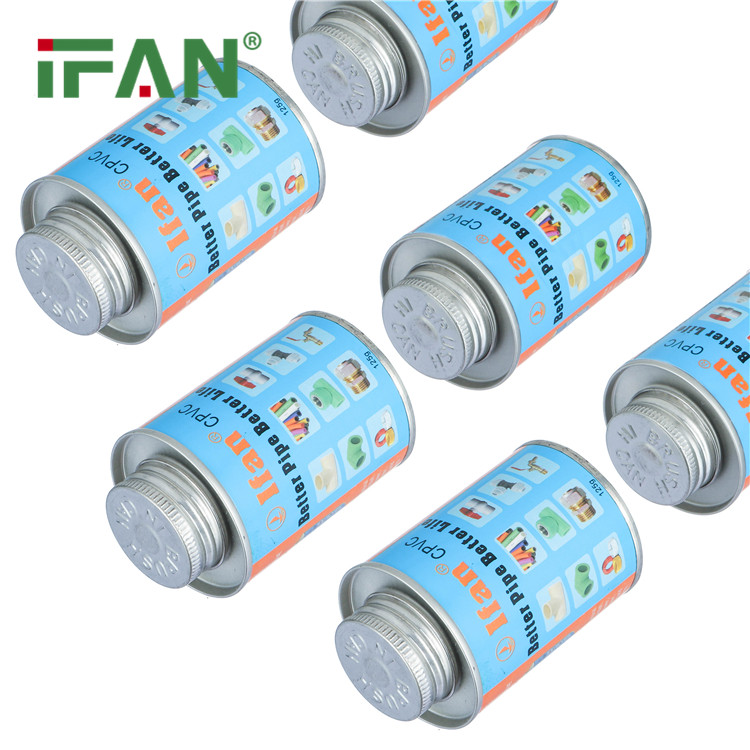
Overall, choosing the right glue for PVC depends on the specific application and the conditions under which the glue will be used. Solvent-based cement is the most common and widely used adhesive for PVC, but epoxy and cyanoacrylate can also be effective in certain situations. When in doubt, it is always best to consult with the manufacturer or a knowledgeable professional to ensure that the right adhesive is chosen for the job.

